Frequent Flyer
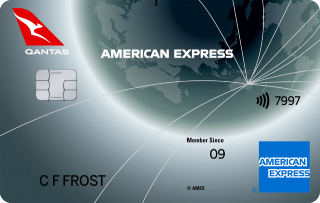

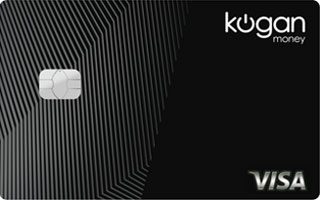
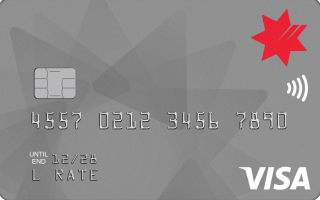
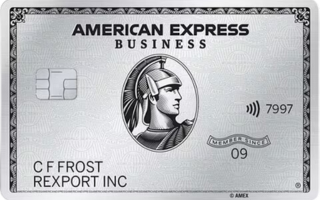
The best credit card for you might be a cheap card with no annual fee. Or it could be a card that gives you tons of frequent flyer points. Everyone is looking for something slightly different.
That's why we've created a unique Finder Score for 11 different credit card categories. Here are the highest scoring credit cards this month.
The top picks were updated by our team of credit card experts and reviewed by senior money editor Richard Whitten in February 2026.




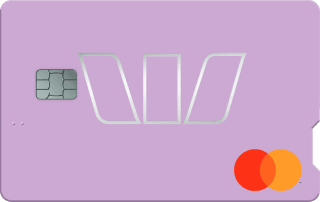
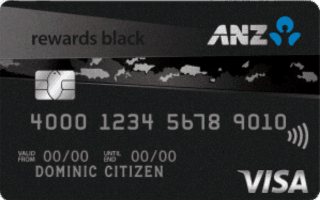
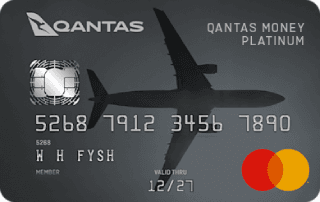
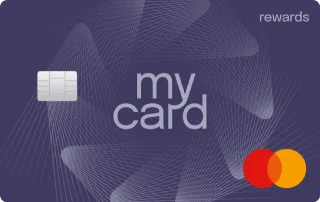
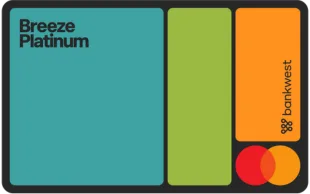
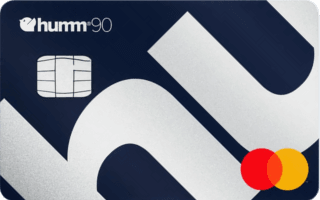
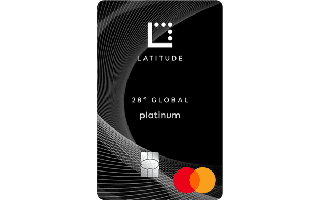
Want to see more of the best credit cards on the market? Check out Finder's 2025 Credit Card Award winners. These cards were the top scoring cards consistently over 12 months.

Now, I'm guessing getting a new credit card is not one of your New Year's resolutions. Maybe you're trying to get rid of a credit card and the bad habits that come with it. But for the right kind of person, getting a new and better credit card could really improve your life. Seriously. My name is Richard and I'm a credit card expert at Finder. And today I've rounded up the five best credit cards on the market in Australia right now in January 2026.
It all depends on what you're looking for. You might be struggling with your current credit cards with a high unpaid balance and interest charges piling up. Or maybe you want to earn some points on your spending, be it reward points or frequent flyer points. Maybe you just want a cheap, no annual fee card to do your everyday spending. We've scored all these credit cards using the Finder Score, which takes into account fees, rates, points, features, and more. These cards might not be the absolute perfect card for you, but they're objectively very, very good cards.
If you've spent too much on your credit cards over Christmas, you might have interest charges piling up at a really high balance that you're struggling to pay off. If this is you, a balance transfer offer could really help. This is when you get a new credit card, move the old balance onto the new card, close the old ones, and get a 0% interest offer for a limited time. This helps you pay off the card balance without interest charges piling up on top. And right now, the best balance transfer card on the market is the ANZ Low Rate card. This card gives you 0% on your unpaid balance for 26 months. It's the longest offer on the market. There is a 3% balance transfer fee, but there's no annual fee in the first year for this card. So, it's really quite a good offer if you're struggling to pay off your card balances.
If you're chasing frequent flyer points this year, you really need the right credit card for the job. If you're looking to earn Qantas points right now, the top card is the Qantas Money Titanium. It offers a massive amount of bonus points and also gives you bonus status credits when you book Qantas flights and has lots of other perks and benefits as well. But there's a couple of really big catches. The annual fee is over $1,000 and you need to be earning $200,000 just to get the card. So, it's really a credit card for those status chasing big spenders who are also high earners. It's not for everyone. If this card is too expensive for you, then the ANZ Frequent Flyer Black scores almost as highly and also has a really high bonus points offer, but the annual fee is much, much lower at $425. So, it's a much more realistic offer for the average person.
If you're looking to earn Velocity points right now, the best card on the market is the American Express Velocity Platinum card. This gives eligible new customers 60,000 Velocity points if you meet the spend criteria, and you don't have to hold the card for a whole year to get these points. You can get them not long after you meet the spend criteria. It also has a very high earn rate of 1.25 Velocity points per dollar that you spend. So, it's a very strong offer. The annual fee is $440.
If you're looking to earn reward points on your spending, the strongest offer right now is the Bankwest More World Mastercard. This gives you up to 180,000 bonus Bankwest points if you spend $10,000 in the first 90 days and hold the card for up to 15 months. So, you have to be patient and hold for a while, but those points could be worth up to $400 in cash backs, which is pretty good when you consider the annual fee is just $270. And this card, quite unlike a lot of rewards cards, gives you 10 airport lounge passes per year, which is actually better than most frequent flyer cards. So, it's really quite a good offer there.
And last, we've got the no annual fee credit cards. These are the cheapest cards on the market. They don't have as many perks or benefits or features, but they're cheap because there's no annual fee. And right now, the strongest offer is the Kogan Money Credit Card. This card charges no annual fee every year, but it also gives you points on your spending, unlike most no annual fee cards. The card gives you $400 credit to spend at Kogan, and you can also earn Kogan points on your spending, which you can also use at Kogan. So, it's a cheap no fee card that also rewards you for spending. And those are Finder's top five credit cards on the market right now. You can compare all these offers and more right now at Finder.

"Don't let a giant bonus points offer or a razor sharp rate distract you. Check you're eligible before applying for a card. If you're working part-time and only earning $25,000 a year, you won't get approved for a card that gives you 100,000 Qantas Points on sign up. Check your credit score and check if a card has a minimum income or minimum credit limit before you apply."
The best credit card is the one that works best for you. So what are you looking for?
You're probably looking for a reward credit card that gives you points when you spend money. But there are also cards that let you earn reward points with various banks, which can be used on gift cards and other incentives. And there are cards that offer cashback when you spend.
You're probably looking for a card that lets you earn either Qantas Points or Velocity Points. You could also get a rewards credit card and convert the points to a frequent flyer program (but earning frequent flyer points directly tends to give you more value).
You're probably looking for a balance transfer credit card offer. These cards let you transfer an existing credit card balance to a new card and pay 0% interest for a limited time (plus a 1–3% fee). This lets you pay off your debt without sky-high interest charges.
Finder research shows 40% of Australians got their last credit card for emergencies. When that's the case, a no annual fee card costs you nothing to keep. And if you pay it off in full each month, it could cost you nothing at all.
Carrying a balance (not paying off your credit card in full each month) gets expensive when some credit cards have interest rates above 20%. If you're in this situation look for a low rate credit card. These cards don't offer great perks or bonus points, but you'll pay less interest while you repay the card balance.
The name says it all. If you're a sole trader or a business owner, a business credit card offers expense management tools and features such as detailed statement breakdowns, automatic feeds for accounting software and cards for employees.
The best credit card is all about rates, fees, points, perks and features. But what about customer service? Which brands are most popular with actual customers?
The Finder Customer Satisfaction Awards surveyed hundreds of Australians about the credit card brands they trust and love the most. Here are the winners.
| Bank | Overall satisfaction | Trustworthy/reliable |
|---|---|---|
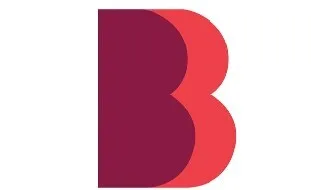 | ★★★★★ 4.60/5 | 100% |
 | ★★★★★ 4.57/5 | 97% |
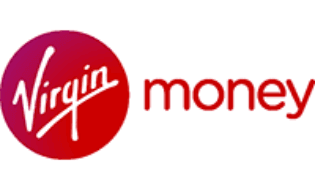 | ★★★★★ 4.30/5 | 94% |
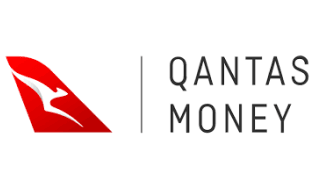 | ★★★★★ 4.27/5 | 97% |
 | ★★★★★ 4.19/5 | 97% |
Find credit cards that make international spending cheaper with 0% international transaction fees.
Insights and analysis on American Express credit cards, costs, acceptance and more.
Compare credit cards that give you an outcome within 60 seconds of when you submit your application online and find out how to increase your chances of getting this type of "instant" credit card approval.
Compare introductory credit card offers that give you bonus rewards points, 0% p.a. balance transfers, interest-free periods and waived annual fees when you sign up for a new card.
Get a percentage of your spend back, gift cards or vouchers with a cashback credit card. Find out more and compare current offers in our guide.
Compare the best Qantas frequent flyer credit cards based on bonus point offers, points per $1 spent, rates, fees and other features so you can find a card that works for you.
Check out bonus point offers and travel perks such as lounge access and complimentary insurance with these Velocity Frequent Flyer credit cards.
When you apply for a credit card online, you could receive a response within 60 seconds. Find out how you to find a card that you're eligible for and increase your chances of approval.
Find out how you can keep your overseas spending costs down by comparing credit cards with no foreign transaction fees and no currency conversion fees.